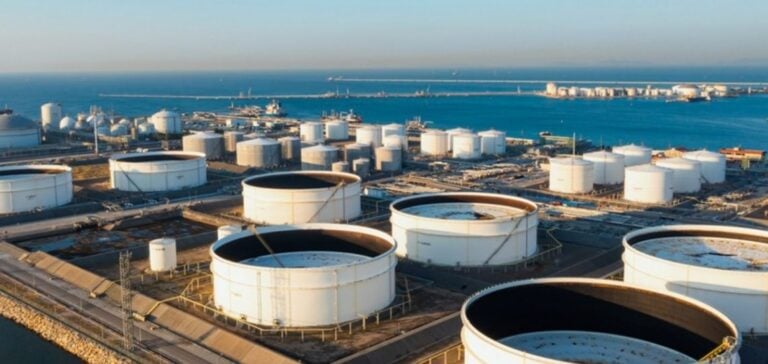Saudi Arabia, the world’s largest oil exporter, is considering reducing its official selling prices (OSP) for Asian customers in January 2024. While this decision is not yet confirmed, it reflects a potential adjustment to unfavorable market dynamics, including seasonal demand declines and intense regional competition.
Economic conditions in Asia, particularly in China, play a significant role in this possibility. China’s economic slowdown, combined with declining refining margins for heavy products such as fuel oil, limits Asian refiners’ ability to maintain purchases at higher prices.
Regional Competition and Strategic Challenges
In a surplus market environment, other producers, including Iraq and the United Arab Emirates, are also adjusting their prices to attract Asian buyers. This puts additional pressure on Saudi Arabia to consider cutting its OSP to stay competitive.
Meanwhile, recent purchases on the spot market by major players like TotalEnergies have not been sufficient to boost premiums in Asian markets, highlighting a persistent imbalance between supply and demand in the region.
The Role of OPEC+ and Potential Scenarios
The upcoming OPEC+ meeting on December 5 will be a critical event to clarify the strategic direction of its members. If Saudi Arabia’s OSP cuts are confirmed, they could be accompanied by additional production cuts to stabilize global prices. Conversely, a lack of coordination within OPEC+ could exacerbate short-term price pressures.
Economic Stakes and Strategic Implications
For Saudi Arabia, considering an OSP reduction is a way to maintain its market share in Asia, a key region for its exports. However, such an adjustment could have financial implications, particularly regarding the funding of ambitious projects tied to Vision 2030, which aims to diversify the kingdom’s economy.
From the perspective of Asian buyers, this possibility, if realized, could ease pressure on their margins and stimulate a moderate recovery in demand early in the year. However, the overall impact will depend on the response of other oil producers, who might also adjust their pricing strategies or increase export volumes.






















